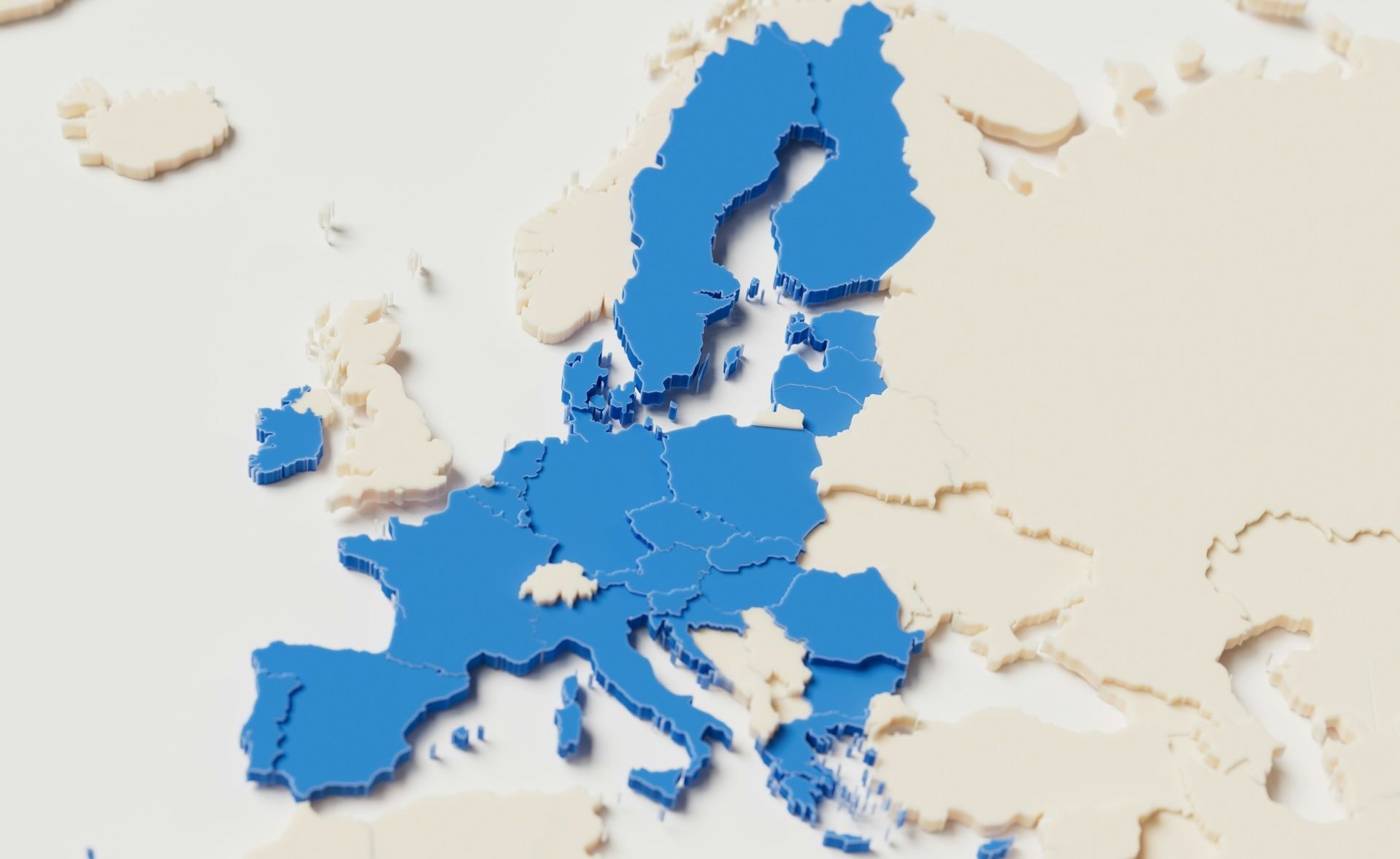Check your legal duties as a Stake pool Operator
As a stake pool operator, it is important to know your legal duties. You are responsible for ensuring that your pool complies with all applicable laws and regulations.
Failure to do so can result in serious penalties, including fines and imprisonment. In addition, you must take reasonable steps to ensure that your pool is secure and does not pose a risk to the safety or security of the network.
The following is not financial or legal advice. We just want to make sure that you check with your authorities about these possibilities. Because decentralization doesn't mean that the law just fades away.
Being a financial institute
Larissa.Health has become a Cardano SPO (Ticker BIRTH), and luckily due to Cardano's well-thought mechanism, we are probably safe from the worst nightmares that could make us a target for financial authorities in this context.
Two significant mechanisms are outstanding here namely the Non-custodial Staking and the reward distribution directly by the protocol. If your DLT pool does not provide both of these features, then we encourage you to check with your financial authority if you need to apply as a financial institute (e.g. as fund) with all its implications of compliance.
Being a company
Companies come in all sorts of shapes. Many register, but many are partnerships, and may it only be for a short time frame.
This goes very far. An example, if you and your classmates walk into a store to collect some flowers for your teacher.
Now is that Ada stayed at home and only had contact with the clerk, when she ordered the flowers.
The clerk does not care if you, Ada, or your other classmates will pay.
For the clerk, you are one legal entity, and if you take the flowers without paying, every single one of who the clerk is aware can be held accountable.

As a stake pool is a long-lasting project you will either operate it by yourself or with other people you trust.
Your pool is public and can be addressed by anyone who visits your website, an explorer, or a wallet.
These are just examples: Cexplorer, pooltool.io, taptools.io, Cardanoscan, or Daedalus, Eternl, Nami, Yoroi, etc.
You are offering your service in competition with other SPOs and in competition with other protocols, which makes you officially an active market participant.
And thus you have to obey to the regulations of your individual country and potentially even in those countries your pool(s) operate in.
If you operate multiple block producers your service might be subject to the country the producer is located in.
Operating for profit
You might argue that you are working as a distributed team and not taking fees, and even donating all rewards to a good cause.
However, until proven differently, you are running a business. And in many countries business must disclose at least one public contact who signs responsible for the published content. Also three people working on a pool is not really a decentralized project.
Content relates to posts on your website, Twitter account, Telegram, or any other social media channel you use with a public reference to your stake pool. Advertising content might also be the simple claim that you're running your node on bare-metal because it supports decentralization.
Also, your username or handle might count as a reference.
All of the above-named and more can be deemed as active commercial engagement; and may it only be as a publisher / creative that is able to influence a certain set of people. Because no delegators, no blocks, no fees.
This is the reason why platforms like YouTube ask creators to add legal information to their channels and let you confirm that you and only you are responsible for the content you provide.
And if you thought of it, providing your LinkedIn profile only is probably not enough. That is because people need to create an account on LinkedIn to contact you in case of a legal matter, and this barrier would give you a competitive advantage over other businesses.
This suggests that you should probably check whether you need an imprint and a privacy policy on your website, too.
Your website in the Realms of GDPR
You are maybe also target European users with your website. If so, you will need an Opt-in Cookie Banner. An opt-out is insufficient. The dynamic implementation of Google Fonts, Material Icons, and services like Font Awesome should be considered carefully under GDPR. Better download them on your server and serve them as a static source.





